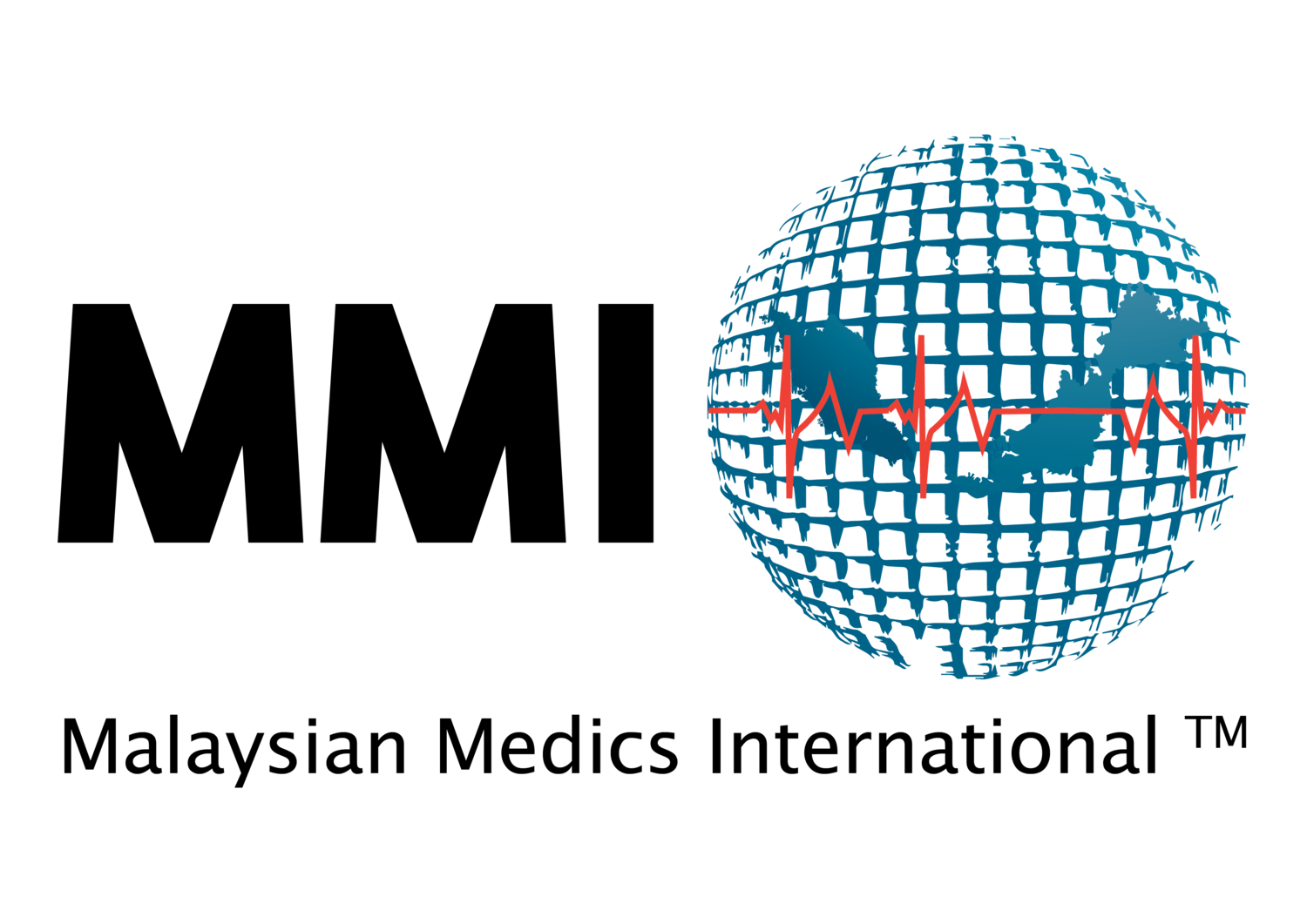“I Couldn’t Do Much Besides Comforting and Reassuring Her”
Humans of Medicine #10
A Covid-19 tribute to our heroes on the frontlines.
“During these unprecedented times, Covid-19 has brought various changes into our lives, and I am no exception.
All this while, I could get away with treating a coughing patient with a two-ply mask. Now, we must be in complete PPE as they are considered to “display signs of Covid-19.” The biggest change I had to adapt to was embracing the new normal: having consultations via telephone and triaging patients through video calls to shield them from unnecessary exposure.
Before this, I did teleconference consultations for patients busy with work and for those who needed reassurance, but what I am doing now seemed different. My current patients are genuinely sick, vulnerable, or perhaps presenting with minor Covid-19 symptoms. All I can tell them now is to self-isolate and take OTC medications to manage their symptoms. If their condition worsens, I advise them to call the nearest A&E department.
It is always challenging to “examine” a patient via telephone or video consultation, and I believe this situation has made us more eagle-eyed: we try harder to pick up signs from the patient by just looking at them. Yet, the bigger picture of a patient’s condition is only possible when they cooperate and give truthful answers. Communication skills cannot be more fundamental than this.
The GPs in my borough have identified patients in the high-risk group. These patients need to then be shielded based on their medical conditions or immunocompromised status. According to the National Guidelines, they must self-isolate for twelve weeks. Therefore, they are unable to attend their regular GP follow-up appointments as required. Considering that, my colleagues and I, via the Integrated Hub Service, have sent them home-monitoring packages containing pulse oximeters, blood pressure machines, and thermometers. We then guide patients on their usage via video calls. This is to ensure that they can monitor their vitals daily and inform the GP during their daily virtual consultation.
I would like to think of Covid-19 as a tool to help us learn to adapt to different situations. For instance, as a doctor, verifying death has always been part of my profession, but with Covid-19, I had to resort to novel approaches to verify deaths of the elderly in care homes. Our medical governing authorities have recently issued guidelines regarding verification of death. Now, nurses and care home workers can verify death, and we have been relying on them to minimise our going in and out of the care homes, therefore reducing the chance of the remaining vulnerable care home residents from catching the virus.
Covid-19 is horrible, but it has brought out the best in the younger patients too. I used to have young asthmatic patients who were not compliant with their medications due to various reasons, but now my GP Practice has an overwhelming request for prescriptions for those inhalers. Covid-19 has definitely improved patient compliance.
Being doctors, we are expected to put up a tough front when it comes to emotions, but as a GP, it can get emotional because the patients who contact me are those who have been with my GP Practice for a long time. Inadvertently, I have formed a bond with them. Recently, I was contacted by a patient who was anxious as one of her family members was admitted to the hospital due to Covid-19. I couldn’t do much for her besides comforting her, reassuring her, and subsequently referring her to the Mental Health Services provided specifically for patients and family members dealing with Covid-19. It was an emotional conversation, after all I am human, and it is never pleasant to hear about families who couldn’t bid their final goodbye to their Covid-19 stricken loved ones. Yet, at the end of the conversation, I prepared to consult my next patient. Perhaps, that’s how we have been trained: to walk the fine line between being empathetic and being emotionally attached to patients.
Dr Kamilla Kamaruddin is a proud transwoman working as a General Practitioner with the National Health Service in the UK. She has won multiple awards for her exemplary service, including the Royal College of General Practitioners' Inspire Award 2019, and was a finalist in the GP of the Year Pulse Magazine 2018.
(Interviewed by Dr Darien Liew and Repe Charanjit Singh. Written by Repe Charanjit Singh. Consent has been obtained from the interviewee for the purpose of this publication. The author has rewritten the article with permission from the interviewee.)
Humans of Medicine is a new initiative under MMI. We tell inspiring stories behind portrait shots of our everyday unsung heroes. Curated by Malaysian medical students from home and abroad.
If you have a story you would like to share, please reach out to us at admin@malaysianmedics.org.
About the Writer
Repe Sidhu is a 3rd year medical student in Barts and the London School of Medicine and Dentistry. She loves reading books and travelling.


